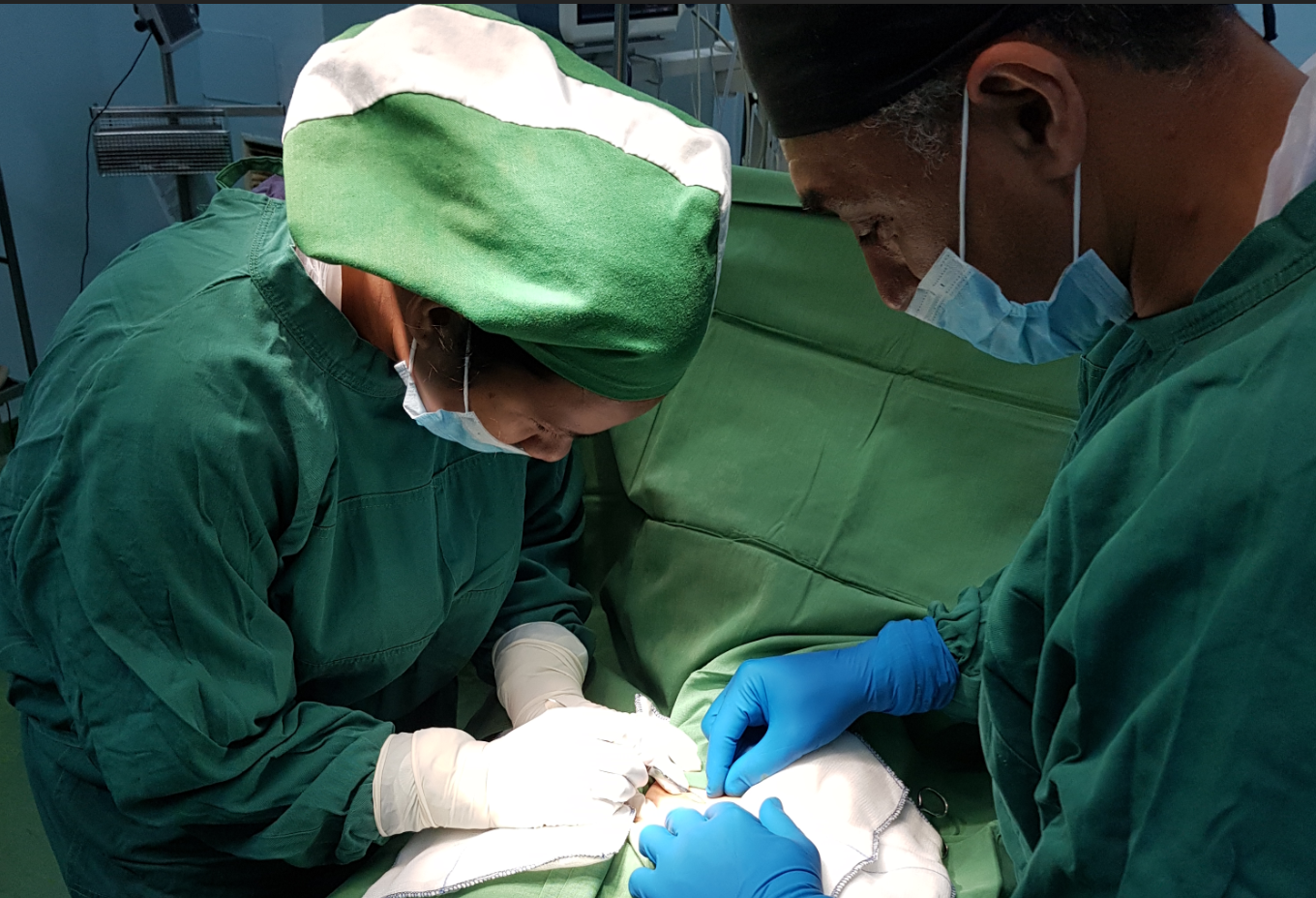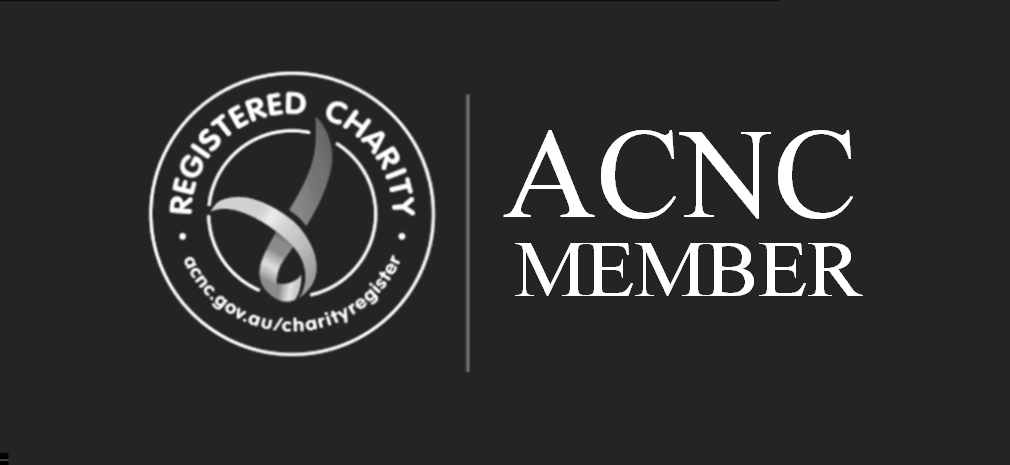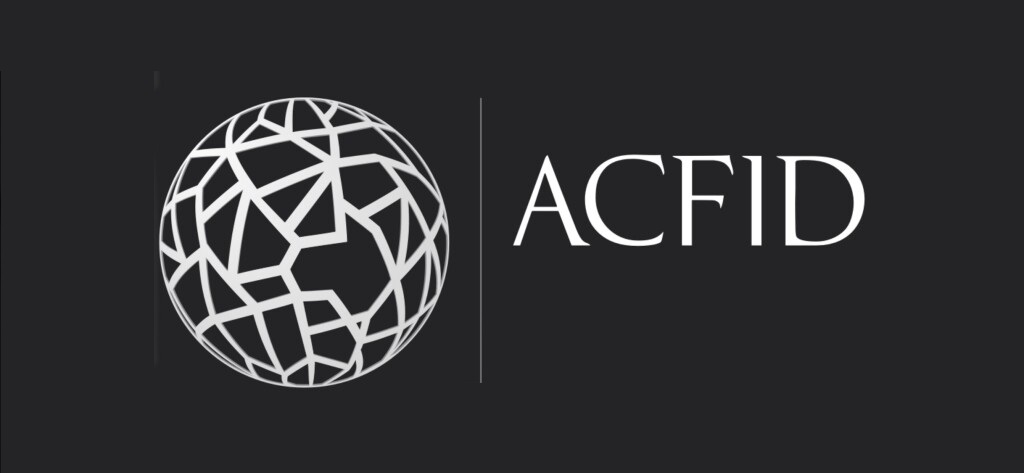
On the 16th July Dr Harry Lam and his children (Chiara and Lucas) and myself flew to Tawara, the largest island of the Pacific Island nation of Kiribati (pronounced Kiribas). This picture perfect nation sits on the equator and is made up of many small islands. The majority of the 110 000 population live on the main island of Tawara.
The first thing we noticed upon arriving (apart from the mud crabs walking around the arrival terminal) was how many people travel to Kirabati on business. After collecting our luggage and proceeding through customs, we were pleased to find the hotel shuttle waiting for us (because there are no taxis in Kirabati). After a quick stop to buy SIM cards and recharge cards we headed off to the hospital.
We were warmly greeted by the Permanent Secretary Mrs Kaaro Neeti and the Acting Director of the Hospital Dr Kabari (also the head surgeon). We underwent a tour of the hospital and were struck by the contrast between how basic the hospital was but how well stocked it was with equipment. Courtesy of the Taiwan Government, the is a 64 slice CT scanner, a state of the art Rehab centre as well as other equipment. However, there is a shortage of several medicines, adequate beds and ward space. None the less, the Doctors and Nurses do a wonderful job in caring for the patients and their families with the limited equipment.
On our four operating days we were welcomed by the nursing staff led by Sister Deny. Dr Lam showed of some Ultrasound techniques for regional nerve blocks for the several patients undergoing surgery for diabetic foot sepsis. Dr Hilda and Dr Tekeua (registrar and head anaesthetist) were very receptive to these techniques.
There are 2 operating theatres, one clean and one for ‘dirty’ cases. Dr Migel (a surgeon from Cuba) was very welcoming to us and together we treated patients with Diabetic foot sepsis, often performing amputations from forefoot to below knee amputations and draining sepsis. We also operated on infant hernias, hemorrhoids, rectovaginal fistulae from birth injuries and several perianal fistula performing several LIFT procedures. We also performed endoscopy on a young lady with suspected gastric cancer. We performed transanal excision of a large polyp in a 2 year old child.
Dr Lam carried out Echo work shops for the local physicians and this was very useful. The hospital owns a very high quality Echo machine and so workshops on its use are very helpful.
The challenges we faced were firstly patients being reluctant to present for modern medical treatment, opting for traditional medicine till the pathology was quiet advanced. Secondly, we found that there was little preparation for this visit. We were glad to make close and valued friendships with the doctors and nurses and admin staff. We had very productive discussions about future visits including trying to source equipment needed especially laparoscopic equipment with the aim of running laparoscopic workshops in the future.
At the end of our trip we were blessed with new friendships, and look forward to further developing our working relationships in the future. We are extraordinarily grateful for the warm hospitality we were shown by all the nurses and doctors. We were treated to Cuban and Kiribati hospitality and look forward to returning to this island paradise soon.
Author: Dr Danny Kozman is a DAISI member and colorectal surgeon with a particularly interest in teaching laparoscopic surgery. Dr Kozman has done a number of volunteer trips to the Solomon Islands, with this being his first trip to volunteer in Kiribati.


